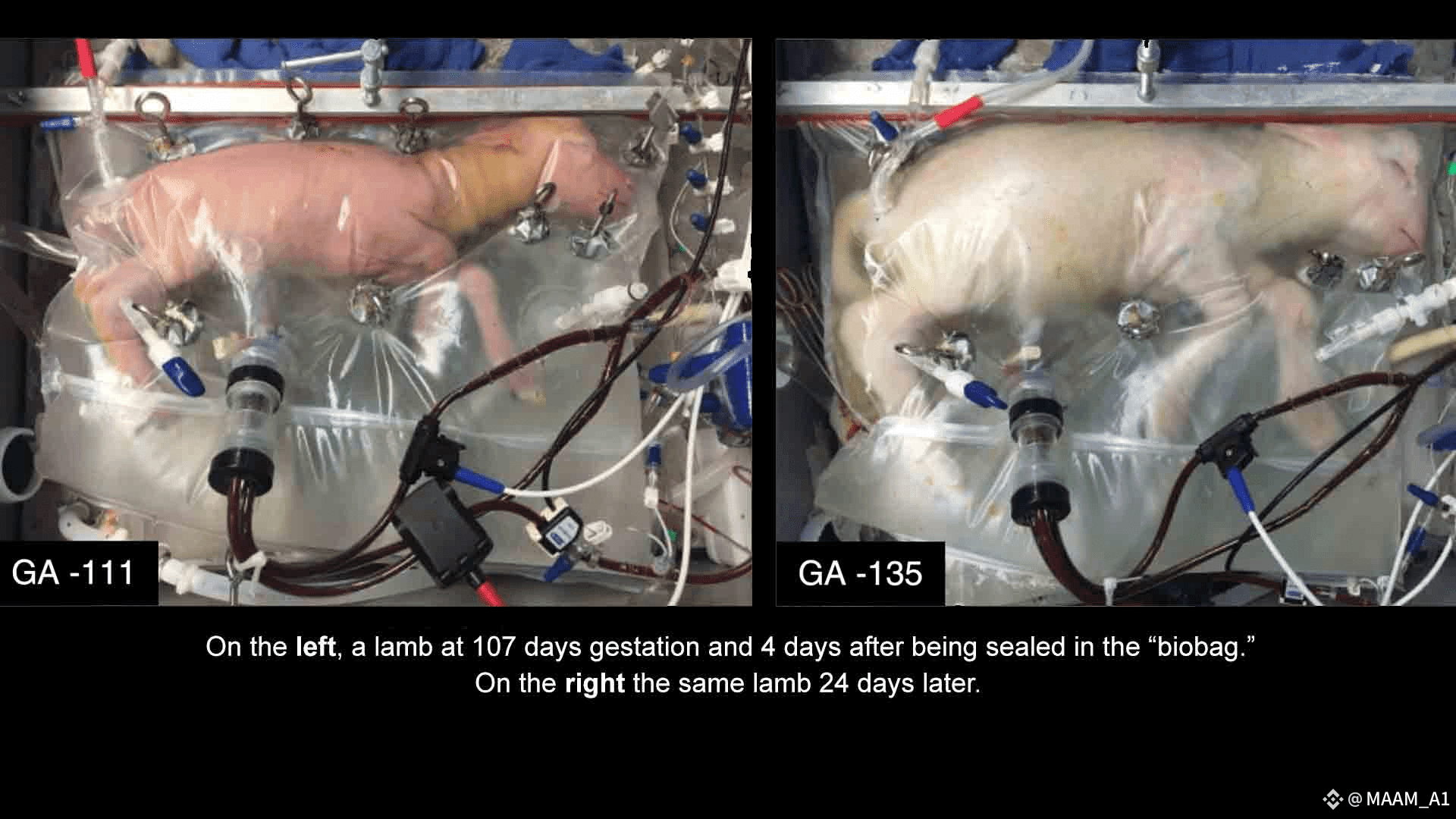While the concept of a "complete artificial womb" for full-term human gestation is still largely in the realm of science fiction, Japanese researchers have made remarkable advancements in systems designed to support extremely premature infants.

BREAKDOWN
Focus on Premature Babies: The primary goal of much of this research, including that involving Japanese institutions, is to create an "artificial placenta" or "biobag" system that can act as a bridge for extremely premature babies. These systems aim to mimic the environment of a natural womb, providing oxygen and nutrients and removing waste, giving underdeveloped lungs and other organs more time to mature before the infant needs to face the outside world.
Collaboration and Breakthroughs: Japanese research institutions, such as Tohoku University Hospital, have collaborated with international partners (e.g., in Australia) on projects like the "EVE Therapy" (Ex-vivo Uterine Environment). They have demonstrated success in sustaining lamb fetuses at very early gestational stages, equivalent to human fetuses at around 24 weeks, for several days in these artificial environments. This is considered a significant breakthrough.
Not for Full-Term Human Development (Yet): It's important to clarify that these are not yet systems capable of gestating a human embryo from conception to full term outside the body. The complexity of replicating the entire nine months of human fetal development, including the intricate hormonal, immunological, and developmental processes, is still a monumental challenge.
Ethical and Societal Implications
As with any groundbreaking technology related to human reproduction, there are significant ethical, legal, and societal discussions surrounding artificial wombs.
These include questions about safety, the definition of birth, the implications for parenthood, and potential long-term effects on individuals born this way.
In essence, Japan is at the forefront of research into artificial womb technology, particularly for aiding the survival and development of extremely premature infants. While it's not a "complete artificial womb" for full human gestation as seen in some futuristic visions, the progress is significant and holds immense promise for neonatal care.
#bitcoin #ETHCorporateReserves #Binance #altcoins